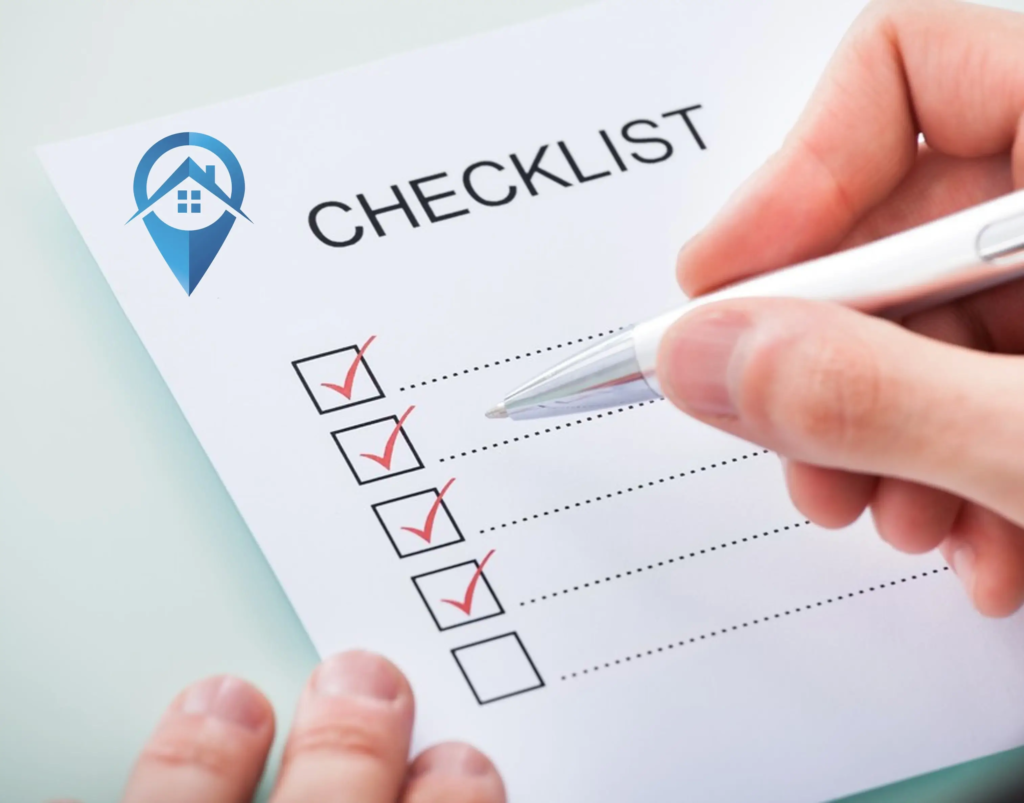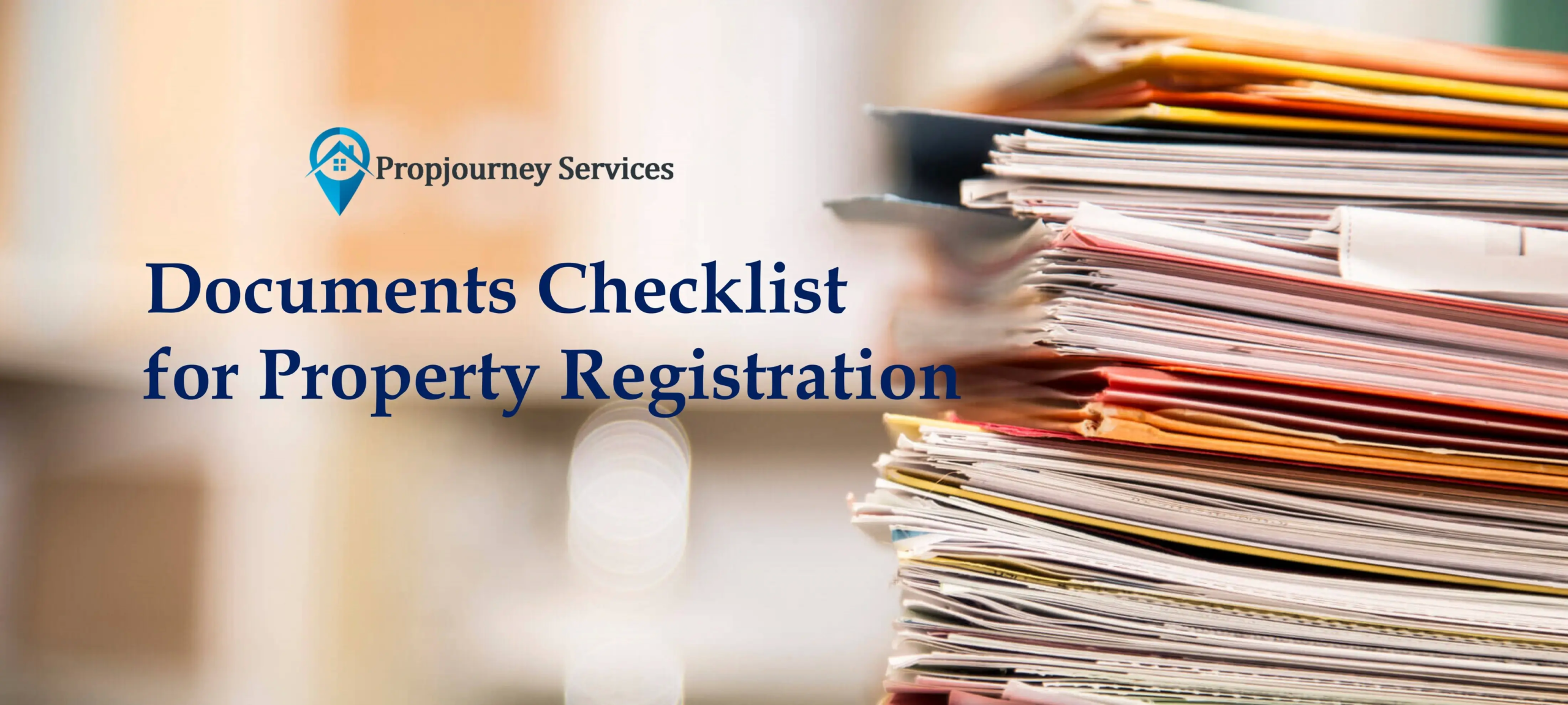During the property purchase many people stuck with improper documentation and it leads into the process delay or rejection by the Registrar.
Key Points:
- Property Documents Verification
- Documents Checklist for Property Registration
- Property Registration Process in Bangalore
1.Property Documents Verification:
It is advised that you should go through the property documents verification before registering the desired property. So, you are benefited from different aspects and legal aspects.
Importance of property documents verification in Bangalore before buying a property:
- Check important documents: It is important to check key documents such as the Sale Deed, Mother Deed, Land-use-certificate, Sale Agreement, Khata, and plan sanction before buying a property in Bangalore
- Prevent fraud: Verification of property documents can save you from being cheated and help you avoid a transaction if forged and/or fake papers/documents are presented to you
- Safeguard your interests: Verification of property documents can help you safeguard your interests and a whole lot of money involved
- Easier loan acquisition: Verification of property documents can make the process of acquiring a loan much easier, as it is much easier to take a loan against the property that is free from illegalities, encumbrances, etc.
- Research and verify: There are still no standard laws or checklists on the Legal Checklist before buying a Site/ Plot / Land or Property in Bangalore or to verify the property document while buying a property in Bangalore. The only way to safeguard your investment is to research and verify each property document personally before you decide to buy the property.

2. Documents Required for Property Registration:
Before buying a property in Bangalore, it is essential to thoroughly check and ensure the availability and authenticity of the following key documents:
- Title Deed: Verify the seller’s ownership of the property through the title deed to ensure there are no legal disputes or encumbrances.
- Sale Agreement: Review the sale agreement to understand the terms and conditions of the transaction, including the agreed-upon price and payment schedule.
- Mother Deed: The Mother Deed establishes the chain of ownership from the original owner to the current seller.
- Encumbrance Certificate: Obtain an encumbrance certificate from the sub-registrar’s office to confirm that the property is free from any legal liabilities or mortgages.
- Khata Certificate and Extract: Ensure that the property has a valid Khata certificate and extract, which indicates that it is registered with the local municipality or panchayat.
- Approved Layout and Building Plan: Check for approvals from the relevant authorities for the property’s layout and the building plan.
- Property Tax Receipts: Verify that the seller has paid all property taxes up to date.
- Occupancy Certificate (OC): If it is a constructed property, ensure that the builder has obtained the OC from the appropriate authorities.
- Completion Certificate: In the case of a constructed property, request the completion certificate to verify that the building adheres to the approved plan.
- Non-Encumbrance Certificate (NEC): Obtain an NEC to confirm there are no outstanding loans or liabilities against the property.
- Power of Attorney (if applicable): If the property has been sold by someone other than the owner, check the legality of the power of attorney.
- Environmental Clearance (if applicable): For certain properties, ensure that the builder has obtained the necessary environmental clearances.
- NOC from Relevant Authorities (if applicable): In the case of specific properties, obtain a No Objection Certificate from relevant authorities.
- Property Insurance (if available): Check if the property has insurance coverage against any potential damages or risks.
- Identity and Address Proof of Buyer and Seller: Both parties keep government approved ID proofs like Aadhar card, PAN card, House electricity / municipal / panchayath bill or Pass port copies.
And also, depending upon the property type and status some other documents may change.
Consulting a legal professional and a trusted real estate agent can also be beneficial to ensure that all necessary documents are in order and to navigate the complex process of property acquisition in Bangalore.

Understanding the Property Registration Process in Bangalore
When it comes to property registration in Bangalore, understanding the process and the required documents is crucial. Whether you are a buyer or a seller, knowing the ins and outs of property registration ensures a smooth and legally sound transaction.
The property registration process in Bangalore involves several steps that need to be followed diligently. From verifying the title of the property to obtaining necessary approvals, each stage plays a vital role in completing the registration successfully.
To initiate the process, certain documents are required for property registration. These typically include proof of identity, proof of address, sale agreement or sale deed, encumbrance certificate, and other relevant documents related to the property.
By familiarizing yourself with these requirements and ensuring that all necessary documents are in order, you can avoid unnecessary delays or complications during the registration process.
Understanding how property registration works in Bangalore not only protects your interests but also provides you with peace of mind knowing that your investment is legally secure. So whether you are a first-time buyer or an experienced investor, taking the time to comprehend this process is essential for a hassle-free experience.
3. Property Registration Process in Bangalore
The property registration process involves several steps that must be followed to ensure that the property is legally transferred from the seller to the buyer. Here are five key points to keep in mind:
- Stamp Duty and Registration Fee: The registration process involves making a stamp duty payment and paying the requisite registration fee for the sale deed. This is a mandatory step in the property registration process
- Ownership Verification: Before registering the property, the buyer must verify that the seller is the rightful owner of the property and has the legal right to sell it. This can be done by checking the title deeds, encumbrance certificate, and other relevant documents
- Document Preparation: The buyer must prepare all the necessary documents required for registration, such as the sale deed, encumbrance certificate, and identity proof documents
- Registration: The buyer must visit the sub-registrar’s office with the seller to register the property. The buyer must carry all the necessary documents and pay the registration fee and stamp duty
- Post-Registration: After the registration process is complete, the buyer must collect the registered sale deed and other relevant documents from the sub-registrar’s office. The buyer must also update the property records with the local municipal corporation or panchayat
It is important to note that the property registration process and charges may vary from state to state, take assistance with a property lawyer to process the registration process.

